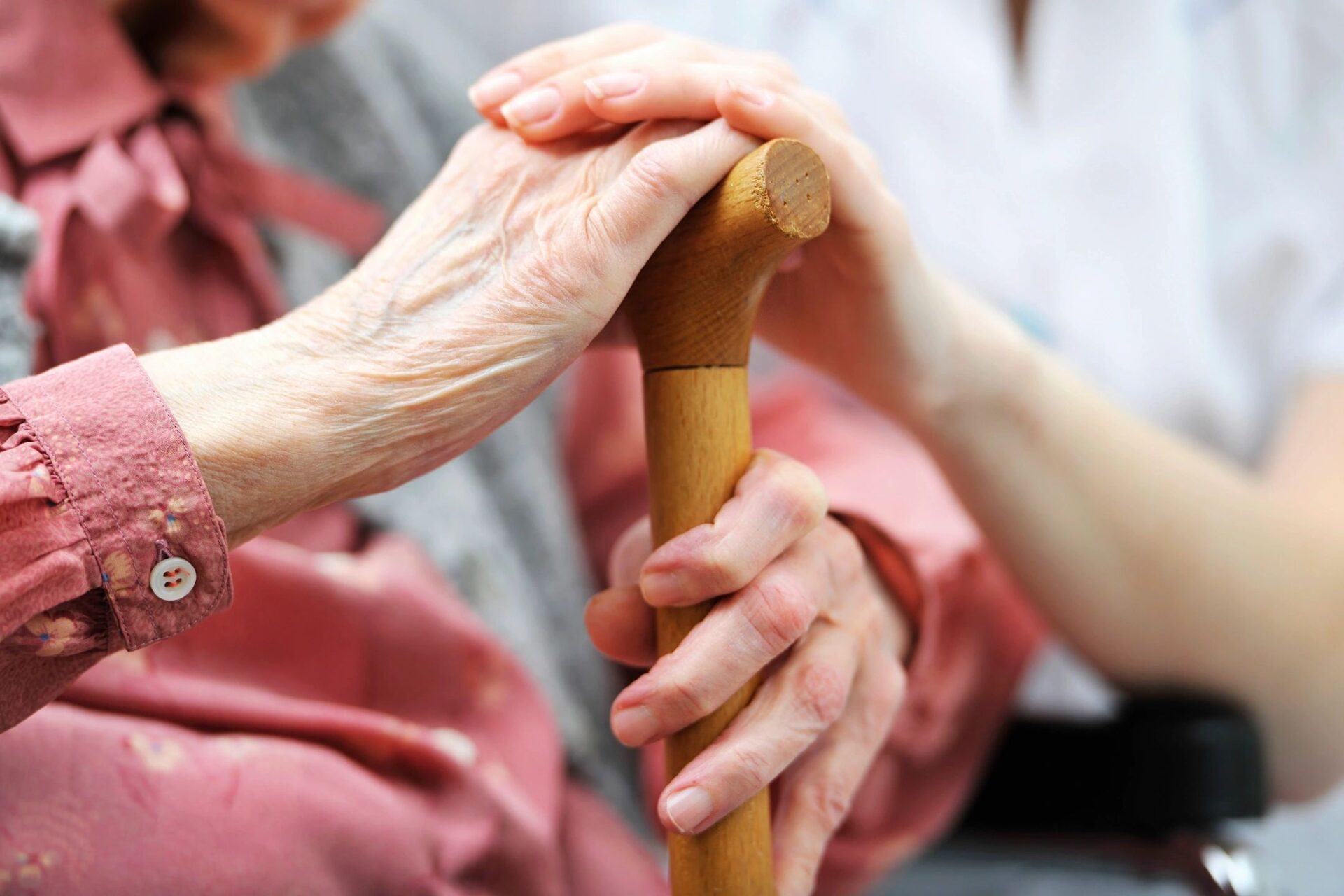As we get older, it’s true that the risk of experiencing some cognitive decline increases. The Alzheimer’s Association estimates that around 1 in 9 Americans aged 65 and older is living with Alzheimer’s, the most prevalent cause of dementia. However, here’s the flip side to that statistic that many overlook: most people do not develop dementia, and there are steps we can take to improve our odds of maintaining cognitive health.
This fact may come as a surprise to many, as a 2024 survey included in the World Alzheimer Report revealed that 80% of the general public believes dementia is a normal part of aging. Shockingly, even 65% of healthcare professionals share this misconception. Yet growing evidence suggests that severe cognitive decline, the kind that impacts daily living, is not an inevitable part of getting older. That said, it doesn’t mean your brain will work the same way it did in your younger years.
Cognitive abilities tend to improve through early adulthood, but after a certain point, certain functions begin to slow down. For example, processing speed peaks around age 20 and then gradually decreases over time. By the time someone reaches their 70s or 80s, processing speed can be reduced by as much as 50 to 70 percent. Misplacing your keys or forgetting where you left your glasses is common, especially as distractions become more prevalent with age, and generally, it’s no cause for alarm.
What should be more concerning, however, is when daily activities that were once routine become difficult. Tasks like bathing, cooking, or balancing a checkbook—things that you could easily do before—might suddenly become overwhelming, and not because of any physical limitations. For instance, if you’ve always been able to handle your finances but now struggle with basic calculations, that could be a red flag.
The real worry comes when someone begins forgetting significant things, like how to find their way home. When memory lapses begin affecting your ability to navigate your everyday life, that’s when it’s time to seek further evaluation. Though age-related cognitive slowing is natural, drastic changes in your ability to manage basic life tasks are not.


